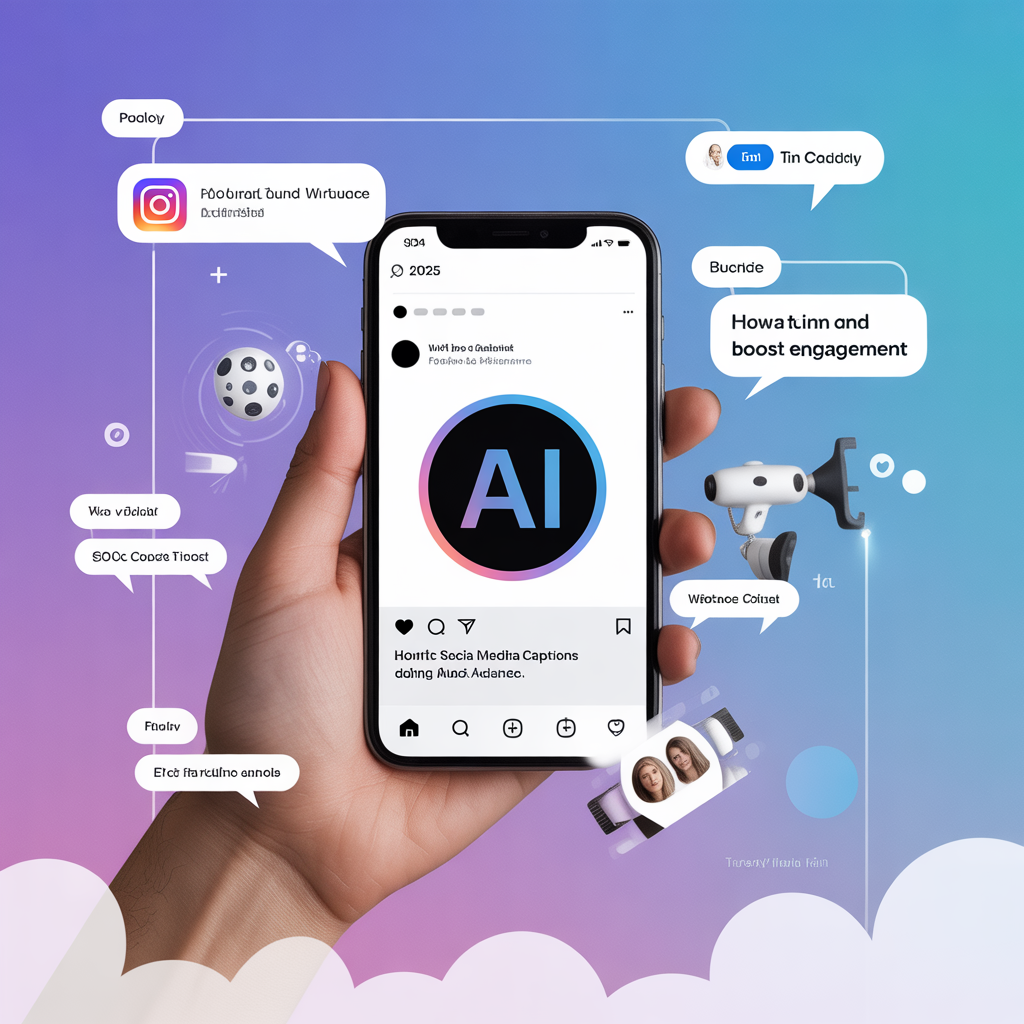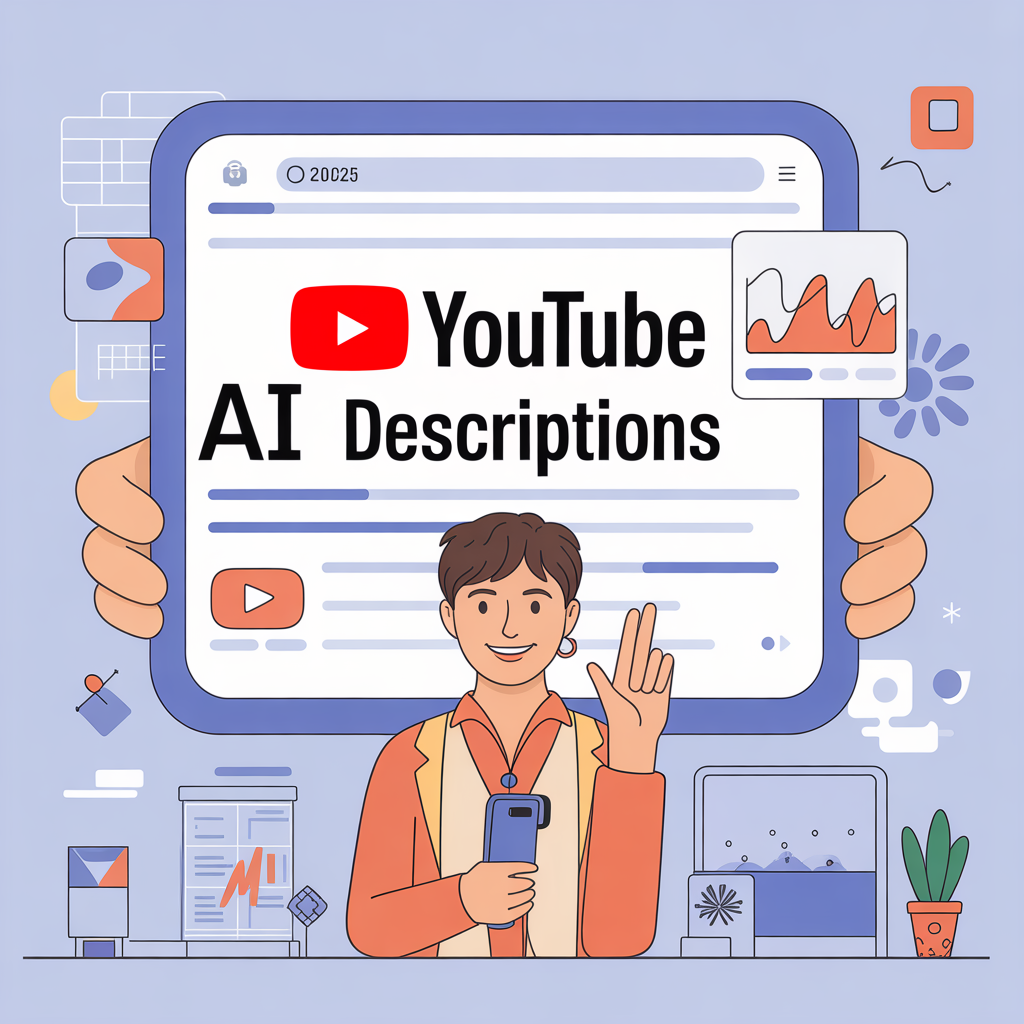SEO used to be about keyword density and backlinks.
Now, it’s about understanding intent, context, and user experience — and that’s where AI is changing everything.
Modern search engines like Google and Bing no longer just read words; they interpret meaning.
To rank higher, your content must now think like a machine and feel like a human — and AI makes that possible.
🤖 1. From Keywords to Intent: The AI SEO Revolution
Traditional SEO was mechanical — pick keywords, repeat them, and hope to rank.
AI has replaced that with intent-based optimization.
Search algorithms powered by AI (like Google’s RankBrain, BERT, and Gemini) now understand:
- The purpose behind searches (“how to improve content” vs. “content improvement tools”)
- Synonyms and context
- Emotional tone and writing style
That means your SEO strategy must go beyond keywords — it must align with user intent and language flow.
📊 2. AI-Powered Keyword Research
AI tools now predict which keywords will perform best before you even publish.
They analyze:
- Search volume trends
- Competition difficulty
- Semantic relevance
- Voice search patterns
Popular AI tools like Surfer SEO, Frase.io, and NeuronWriter use natural language processing (NLP) to identify clusters of related keywords — helping you create content that ranks across multiple variations.
AI doesn’t just find keywords; it builds smart content maps that match search engines’ evolving intelligence.
🧠 3. Smarter On-Page Optimization
AI can now analyze your article in real-time and suggest:
- Ideal word count
- Heading and subheading balance
- Semantic keyword usage
- Content readability and engagement score
For example, Surfer SEO and Clearscope use AI to compare your draft with top-ranking pages — ensuring your content is both optimized and natural.
The result?
Better ranking without keyword stuffing.
🔁 4. Predictive SEO: Seeing the Future of Search
AI’s predictive analytics can forecast how your content will perform.
It looks at factors like click-through rates, dwell time, and user behavior to predict which headlines, structures, and topics are most likely to succeed.
Brands use these insights to plan content calendars, target seasonal topics, and publish at the most impactful times — turning SEO into a data-driven science.
🪄 5. AI and Content Personalization
SEO is no longer about reaching everyone — it’s about reaching the right one.
AI can personalize content dynamically based on:
- Location
- Reading behavior
- Device type
- Past interactions
Imagine a blog that subtly changes its tone or call-to-action based on the reader’s region or interests.
That’s AI-driven personalization, and it’s quickly becoming the next frontier of SEO performance.
⚙️ 6. The Tools Behind AI SEO Success
Here are a few AI tools revolutionizing search optimization in 2025:
- Surfer SEO – On-page optimization powered by NLP
- Frase.io – AI-driven content briefs and intent analysis
- MarketMuse – Keyword clustering and topic gap insights
- NeuralText – Predictive keyword discovery and SERP modeling
- ChatGPT / Gemini – Idea generation and content strategy planning
Conclusion
AI is not replacing SEO experts — it’s supercharging them.
By merging human creativity with machine intelligence, brands can produce content that’s relevant, readable, and rankable.
The future of SEO belongs to those who write for people first, but with AI in mind.
Because as search engines get smarter, your content must too.


